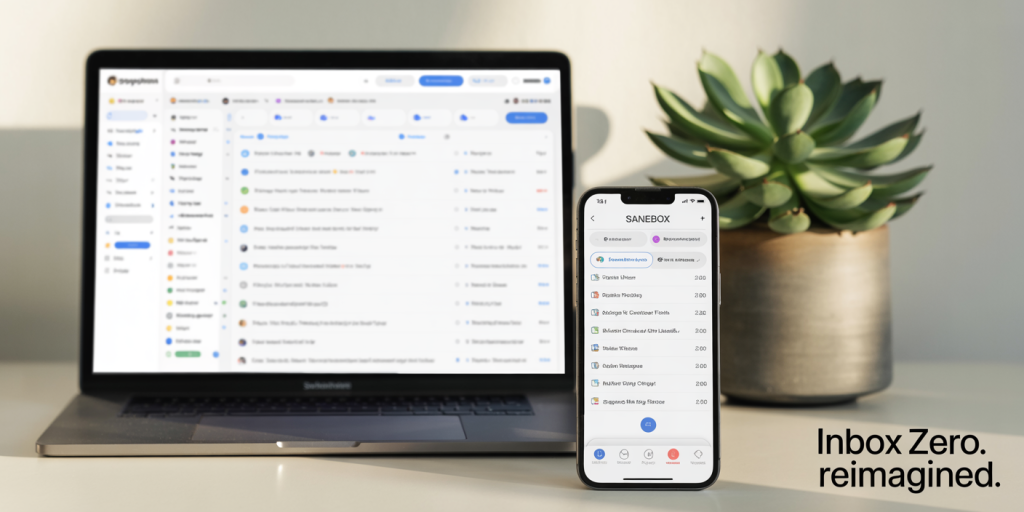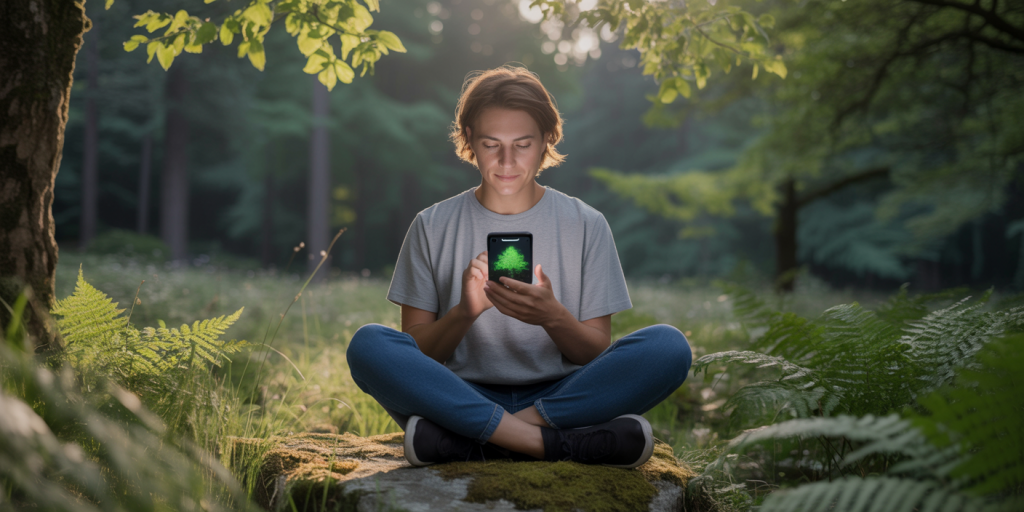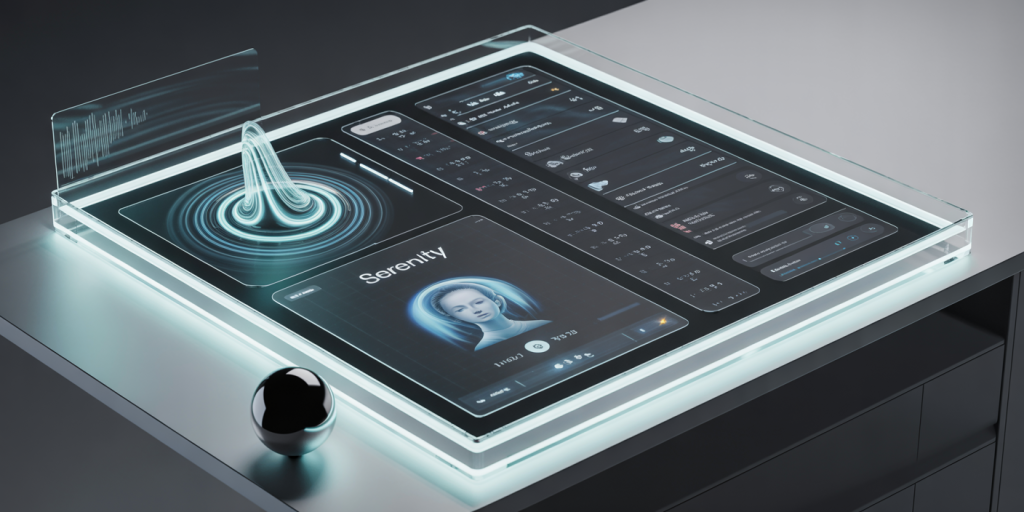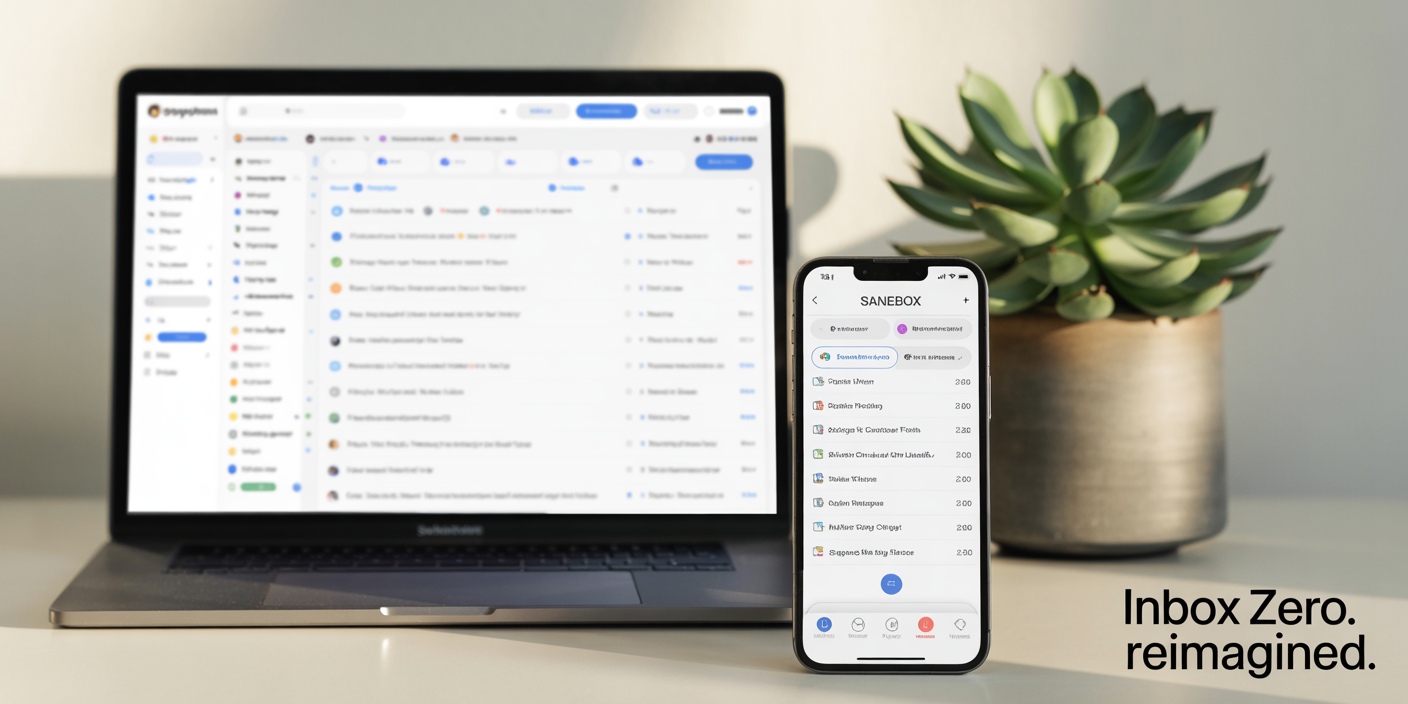The Best Digital Minimalism Tools to Declutter Your Tech Life
In an era dominated by constant connectivity and information overload, digital minimalism has emerged as a vital lifestyle approach to foster focus, reduce stress, and reclaim time. The concept centers on intentional technology use, eliminating digital clutter, and prioritizing tools that truly add value to our lives. As the digital landscape expands with myriad apps, devices, and platforms, adopting effective digital minimalism tools is essential for maintaining a streamlined and productive tech life.

Statistics reveal the growing urgency for digital decluttering: according to a 2023 report by Pew Research Center, 81% of adults feel overwhelmed by the amount of digital content they consume daily. Moreover, researchers at Stanford University found that multitasking with multiple digital devices can decrease productivity by up to 40%. Such data underscores the need for practical solutions that reduce digital noise and help users focus on essential activities.
Understanding Digital Minimalism: The Path to Tech Clarity
Digital minimalism is not just about using fewer devices or deleting apps; it’s a mindful philosophy that promotes quality over quantity in digital interactions. The practice involves auditing your current digital habits, identifying tools that enhance your goals, and consciously eliminating distractions. Cal Newport, who popularized the term in his book *Digital Minimalism*, advocates for “intentionality” in tech use, encouraging users to question the necessity of every app or platform.
Practically, this means evaluating your tech stack—ranging from social media accounts to email subscriptions and productivity apps—and choosing only those that align with your priorities. For instance, instead of toggling between seven different messaging apps, minimalist users might consolidate communication on just one or two platforms. This prevents cognitive overload and reduces time wasted switching contexts.
By implementing a digital minimalist mindset, individuals can experience numerous benefits, including improved concentration, better mental health, and enhanced creativity. For example, a 2022 study by the American Psychological Association showed that people who reduced their screen time by 30% reported a 25% decrease in anxiety and depression symptoms within two months. Thus, leveraging the right tools for digital minimalism can significantly enhance overall well-being.
Essential Tools for Email and Notification Management
Emails and notifications can be the greatest sources of digital clutter, often causing distraction and reducing productivity. Employing specialized tools to manage these digital floods is a cornerstone of digital minimalism.
One such tool is Superhuman, an email client renowned for its speed and minimal interface. Superhuman uses AI-powered shortcuts to help users triage emails swiftly, setting it apart from traditional email clients. According to their data, users experience up to 33% faster email management, enabling quicker decision-making about which messages require immediate attention and which can be archived or deleted.
Another effective tool is SaneBox, which works by filtering your inbox intelligently. It automatically prioritizes important emails into your primary inbox while sending bulk or non-critical messages to a separate folder called “SaneLater.” This tool reduces email overload by about 40%, according to user surveys. Moreover, users often report less stress knowing that vital emails won’t get lost in a heap of promotional messages.
Notifications are addressed expertly by Freedom—an app that blocks distracting websites and applications for customizable periods. Freedom’s scheduling capability allows users to create distraction-free windows during the day, promoting deeper focus. For example, a freelance writer might block social media between 9 a.m. and 1 p.m. to concentrate on drafting content. Studies from the Journal of Experimental Psychology affirm that blocking distracting digital stimuli significantly improves task completion rates.
| Tool | Purpose | Key Features | Reported Benefits |
|---|---|---|---|
| Superhuman | Email management | AI shortcuts, speed, minimal UI | 33% faster email processing |
| SaneBox | Inbox filtering | Prioritization, email sorting | 40% email overload reduction |
| Freedom | Distraction blocking | Scheduled website/app blocking | Increased focus and productivity |
Integrating these tools into your daily tech routine can transform chaotic inboxes and reduce notification fatigue, core challenges in modern digital life.
Streamlining Social Media Use with Minimalist Apps
Social media platforms are significant contributors to digital noise, often leading to compulsive usage and wasted time. While complete abstinence may not suit everyone, digital minimalism advocates using selective, purpose-driven methods to engage with social media.
Tools like Flipd and Moment help users gain insights into their social media usage patterns. Flipd locks your phone or specific apps for predetermined intervals, encouraging breaks from endless scrolling. A case example involves college students using Flipd during study sessions to improve focus, resulting in a reported 20% boost in academic performance according to a 2021 university study.
Moment tracks daily screen time and provides visual reports, helping users recognize patterns of overuse and set goals for reduction. Users who utilized Moment reported an average reduction of 45 minutes per day in social media engagement after just one month.
Additionally, Social Fixer, a browser extension for Facebook, enables content filtering and hides distracting elements, allowing users to engage only with meaningful posts. By suppressing ads, clickbait, and irrelevant notifications, users create a customized feed aligned with their interests, reducing digital clutter.
Collectively, these tools empower users to reclaim control over their social media habits, replacing mindless scrolling with intentional interaction.
Productivity and Task Management Tools for Digital Minimalists
Decluttering your digital life includes adopting productivity tools that simplify task management without overwhelming you with features.
Todoist is a popular, minimalist task management app appreciated for its clean interface and straightforward functionality. It allows users to create projects, set priority levels, and establish deadlines without excessive customization options that often distract. For example, professionals managing multiple projects across teams have reported a 25% improvement in task completion efficiency.
Another noteworthy tool is Notion, which balances minimalism with versatility. It combines note-taking, databases, and project management within a single workspace. Digital minimalists use Notion to consolidate disparate tools into one platform, reducing app proliferation. Companies like Figma have adopted Notion to centralize documentation and project tracking, streamlining team collaboration.
While both tools serve task management, a comparative look reveals distinct advantages for different user profiles:
| Feature | Todoist | Notion |
|---|---|---|
| User Interface | Simple and task-focused | Flexible, multi-purpose |
| Collaboration | Shared projects, comments | Full workspace collaboration |
| Learning Curve | Low | Moderate |
| Integration | Extensive third-party apps | Highly customizable |
Minimalists often prefer Todoist for exclusive task management but turn to Notion when needing an all-in-one solution. Both tools aid in reducing digital fragmentation by encouraging focused, streamlined workflows.

Digital Detox and Mindfulness Applications
An important aspect of digital minimalism is incorporating mindfulness and periodic digital detoxes to reset habits. Apps targeting this need are designed to cultivate awareness of digital consumption and promote healthier habits.
Forest is a gamified productivity app that encourages users to stay off their phones by growing virtual trees during focused periods. It visualizes the time spent away from digital distractions, offering a rewarding sense of progress. Users, particularly students and remote workers, have used Forest to implement effective Pomodoro techniques, resulting in a 30% higher concentration rate as per independent user reviews.
Calm and Headspace, leading meditation apps, assist in reducing stress caused by constant digital engagement. Regular mindfulness practice facilitated through these apps has shown in numerous studies, including one published in *JAMA Internal Medicine*, to decrease smartphone addiction tendencies and improve mental clarity.

Implementing digital detox tools supports the digital minimalist goal of balanced technology use, promoting both productivity and psychological well-being.
Future Perspectives: Innovations in Digital Minimalism Tools
As technology continues to evolve, digital minimalism tools are poised for greater sophistication, blending artificial intelligence, machine learning, and behavioral psychology to create more adaptive and personalized experiences.
One emerging trend is AI-driven digital assistants that proactively curate and organize digital content based on user priorities and habits. For example, future iterations of email clients may automatically summarize lengthy threads, prioritize tasks dynamically, and suggest optimal times to respond, further minimizing cognitive load.
Another promising development is the integration of biometric feedback with digital detox apps. Wearables measuring stress levels or brainwaves could trigger automatic device lockdowns or suggest mindfulness exercises in real-time, tailoring digital usage to users’ mental and emotional states.
Moreover, platforms emphasizing data privacy and ethical design will gain prominence, aligning with digital minimalist values that prioritize transparency and simplicity. As data privacy concerns grow—over 60% of consumers in a 2024 survey expressed hesitation sharing personal information with apps—minimalist tools that minimize data collection will attract user trust.
Ultimately, the future of digital minimalism tools lies in their ability to evolve from passive aids to active partners in managing digital life. By combining technology with intentional design and user-centric ethics, these tools will empower individuals to harness digital media purposefully without succumbing to its distractions.
Embracing digital minimalism is more important than ever to navigate today’s complex digital environment. By leveraging the best tools designed for decluttering email, social media, productivity, and mindfulness, users can significantly improve focus, reduce stress, and gain control over technology. As innovations emerge, the symbiosis between minimalism and advanced technology promises a healthier, more intentional digital future.
